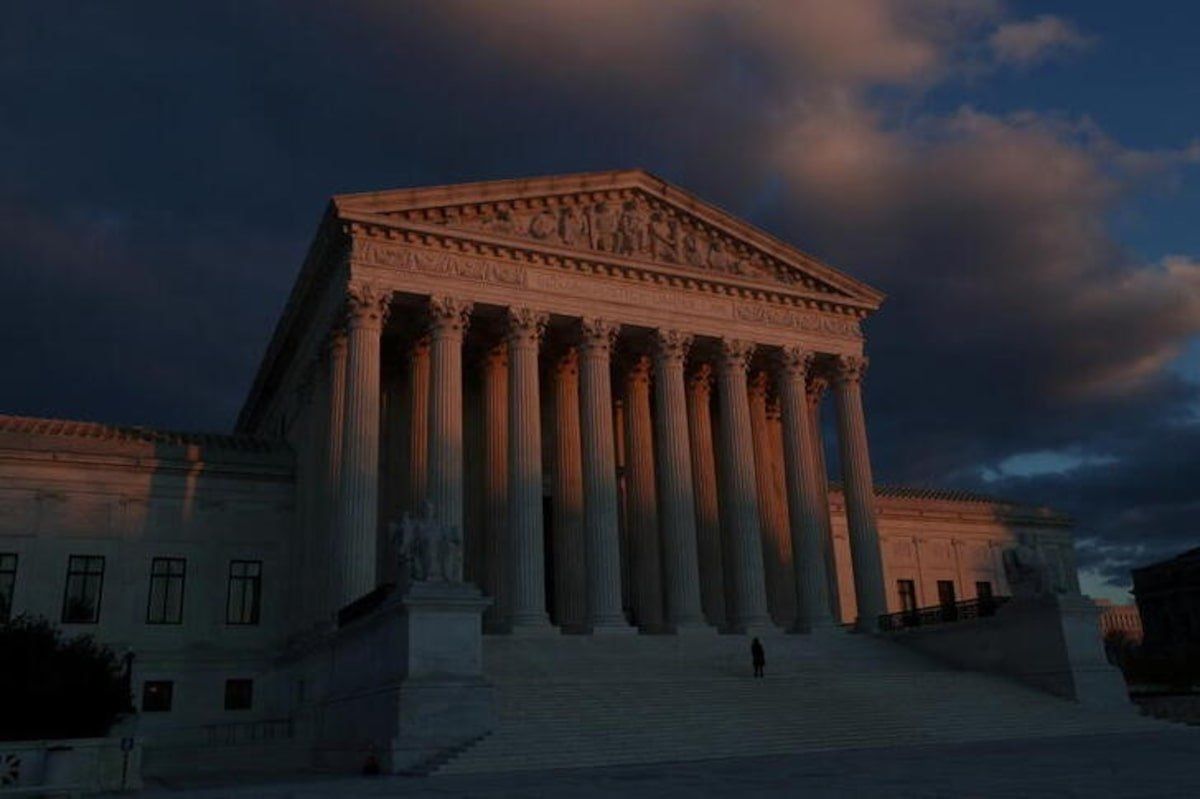This is the Supreme Court’s last scheduled week for issuing opinions this term — and they have some big questions to decide. At least 14 cases are still outstanding, with big consequences for the election and the US government.
Here are three to watch:
Trump and Jan. 6: Trump claims he is immune from prosecution for virtually any action he took as president, following the argument that Congressional impeachment is the check on his power, not the courts. It’s a very bold claim, one that lower court judges pointed out could mean a president who orders assassinations of his rivals might face no consequences. The court is expected to split a fine hair here, perhaps protecting some forms of conduct but not others.
Federal regulations: Right now, when Congress doesn’t lay out new regulations in excruciating detail (and they usually can’t), federal agencies can fill in their own interpretations. Courts are supposed to defer to those interpretations if they are “reasonable.” But an association of fishermen claims the practice overreaches and that regulation must stay in the hands of the legislative branch.
The justices look set to upend the status quo, with huge ramifications for how the federal government operates. Congress may ultimately need to set up a whole new regulatory body to do the rule writing that agencies are currently doing in-house.
Abortion: Democrats have successfully hammered the GOP on reproductive rights across multiple races since the Supreme Court struck down nationwide abortion protection in 2022. This case argues that one such ban in Idaho is superseded by the federal Emergency Medical Treatment and Labor Act of 1986, which requires doctors to perform abortions in emergencies.
The conservative justices didn’t seem persuaded during oral arguments, so we’ll be watching to see which law prevails.
For more on this year’s major Supreme Court decisions, watch Ian Bremmer’s interview with Emily Bazelonfor GZERO World on PBShere.
